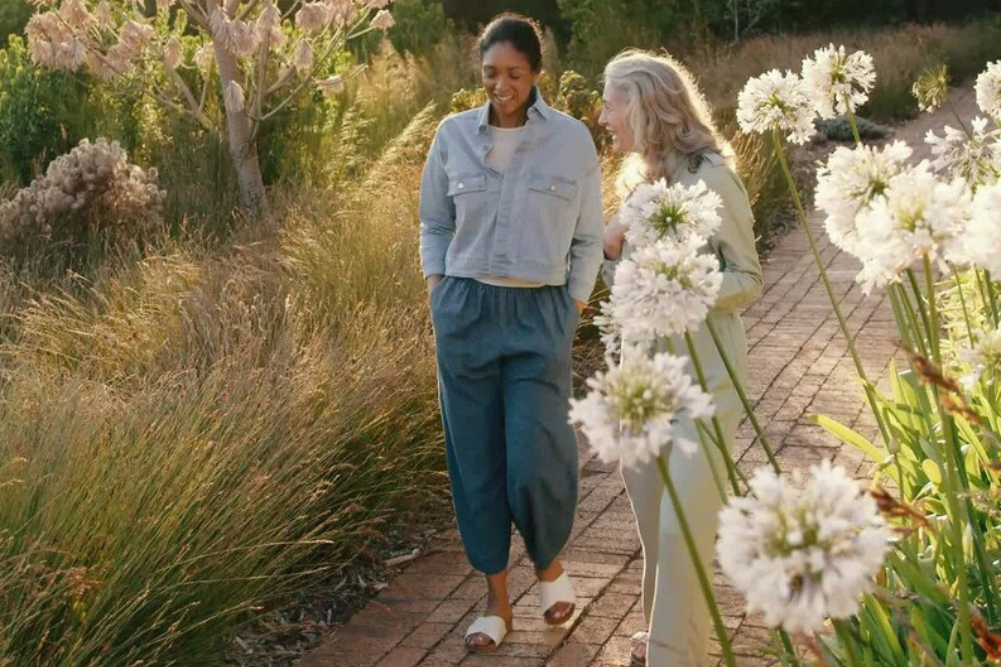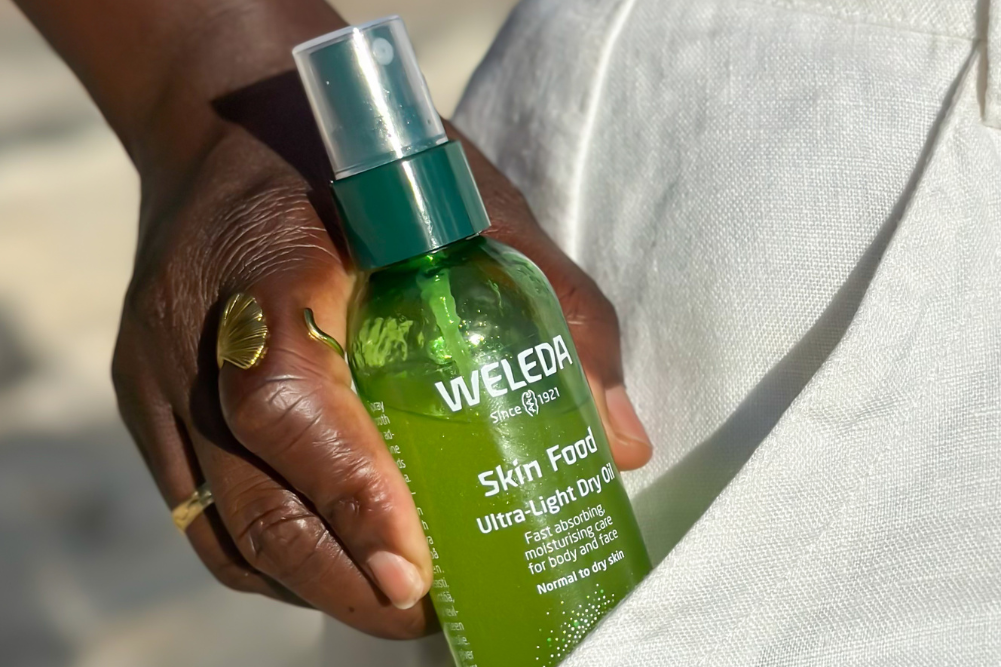Nature’s way forward
Weleda proves global growth and sustainability can coexist—honouring nature, innovation and ethics from seed to shelf since 1921.
While many beauty brands retrofit their operations with eco-friendly practices, Weleda’s story reveals how a brand can scale globally without compromising its core values. Theirs is a masterclass in maintaining integrity, meeting modern market demands and trailblazing sustainable innovation.
Since the company’s founding in 1921, Weleda has pioneered holistic beauty through a deep respect for nature and sustainability, creating products that support the body’s regenerative processes. This philosophy, rooted in anthroposophy, which recognises the connection between humans and the natural world, extends from the brand’s biodynamic gardens to its seed-to-shelf sourcing, ensuring every step from cultivation to production is ethical, sustainable and regenerative.
Innovation and tradition coexist at the heart of Weleda’s operation. The brand’s iconic Skin Food, first developed in 1926, remains a beloved staple, proving that nature’s wisdom is timeless. While honouring this heritage, Weleda also embraces modern advancements. The company’s Contouring Face Care range incorporates their patent-pending Collagen+ Active Complex, blending blue gentian, edelweiss and centella asiatica – sustainably sourced from the Swiss Alps – to enhance collagen production and strengthen the skin barrier.
Sustainability isn’t just about what’s inside the bottle. It’s also about the packaging. Weleda prioritises recycled materials and recyclability. Their green glass jars contain a high percentage of recycled glass; Skin Food tubes are made from recycled aluminium; and their glass cleanser bottles now feature single-material pumps for easier kerbside recycling.
Weleda’s commitment to sustainability is exemplified by their new international logistics centre, the Cradle Campus. This landmark in sustainable architecture operates 100 per cent emission-free through solar and geothermal energy, with a fully automated high-bay warehouse handling up to 10,000 orders daily. By streamlining operations, they have significantly reduced their environmental impact.
Built primarily from locally sourced timber and rammed earth, materials for Cradle Campus were chosen for their low carbon footprint and ability to promote a healthier indoor environment. The site is also designed to restore and regenerate nature, featuring orchard meadows, wild fruit trees, juniper heath and rose hedges, which create an optimal habitat for local ecosystems.
Maintaining high standards while growing globally presents unique opportunities for innovation in sustainable practices. One key challenge lies in scaling supply chains responsibly. When Weleda’s Revitalising Hair Tonic, one of the brand’s oldest formulations, went viral on TikTok, selling out worldwide, their longstanding supplier couldn’t keep up with supplying its key ingredient, organic rosemary. Instead of compromising quality, Weleda took time to establish new supplier relationships to meet demand, while maintaining sustainability standards.
The company also innovates in packaging and recycling, particularly outside Europe, where infrastructure varies. In Australia, recycling capabilities differ by state and council, and Weleda launched a free recycling initiative through TerraCycle, allowing customers to return hard-to-recycle items such as caps, droppers and pumps.
True sustainability is about caring for the entire ecosystem – nature and people alike. Through ethical sourcing, Weleda partners with fairtrade suppliers worldwide, ensuring farmers receive fair wages, safe working conditions and long-term support. The company’s biodynamic farming projects help preserve traditional knowledge and promote regenerative agriculture. They have created a workplace culture that values ethical business practices, flexible working conditions and employee wellbeing.
This comprehensive approach to sustainability has earned Weleda B Corp recertification with an impressive score of 120.66 points, a 13 per cent increase from their initial certification in 2021, surpassing the Swiss B Corp average of 95 points. As CEO Tina Müller states, “Weleda stands for growth with responsibility. We aim to make an impact and contribute to a healthy future worth living.” As part of the global B Corp community, they collaborate with more than 9000 businesses to drive a more inclusive, regenerative economy. Their increased B Corp score motivates them to push even further because, at Weleda, sustainability isn’t just a responsibility, it’s a driving force for growth.
Looking ahead, Weleda recognises that their future lies in harmonising its botanical roots with forwardthinking strategies, maintaining a deep connection to nature while evolving to meet the needs of new generations. The Cradle Campus embodies this vision for the future. As Müller states, “It stands for responsible growth – growth in harmony with people and nature,” reinforcing the essential partnership between sustainability and conscious development in creating a healthy future worth living.
For more, visit Weleda.com.au.







